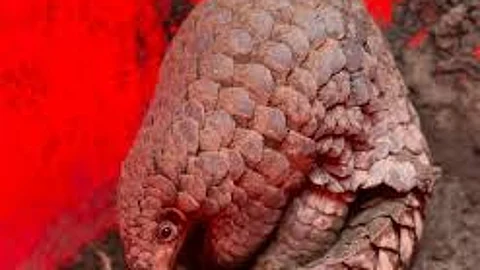
- Home
- Live Blog
- Breaking News
- Top Headlines
- Cities
- NE News
- Sentinel Media
- Sports
- Education
- Jobs

ITANAGAR: Scientists from the Zoological Survey of India (ZSI) have discovered a new species of pangolin in Arunachal Pradesh, India.
The species has been named Indo-Burmese pangolin (Manis indoburmanica) and is genetically distinct from Chinese and Indian pangolins found in India.
The discovery was made in Silluk village, East Siang district, in March 2024, when ZSI researcher Lenrik Konchok Wangmo came across a pangolin caught by local villagers. Following a careful study and genetic sampling, the animal was released safely in the Daying Ering Memorial Wildlife Sanctuary.
Genetic analysis has shown that the Indo-Burmese pangolin is 3.8% different from the Chinese pangolin (Manis pentadactyla). The species diverged from the Chinese pangolin around 3.4 million years ago, probably owing to climatic and geological changes during the Pliocene and Pleistocene epochs. Its range would probably include portions of Assam and Arunachal Pradesh, as well as Nepal, Bhutan, and Myanmar.
The Indo-Burmese pangolin belongs to the Manidae family. Its scales are dark brown, with pinkish facial coloration. The species was identified by ZSI researcher Lenrik Konchok Wangmo, who discovered the pangolin in that region. After genetic analysis, the researchers confirmed that the species is unique compared to its relatives.
According to the ZSI spokesperson, Dr. Mukesh Thakur, the importance of conserving pangolins lies in the fact that these creatures are on the edge of extinction from rampant poaching and habitat destruction. Published in Mammalian Biology, the research conducted by the ZSI team points to the imperative need to undertake immediate conservation of the newly found species.
Also Watch: